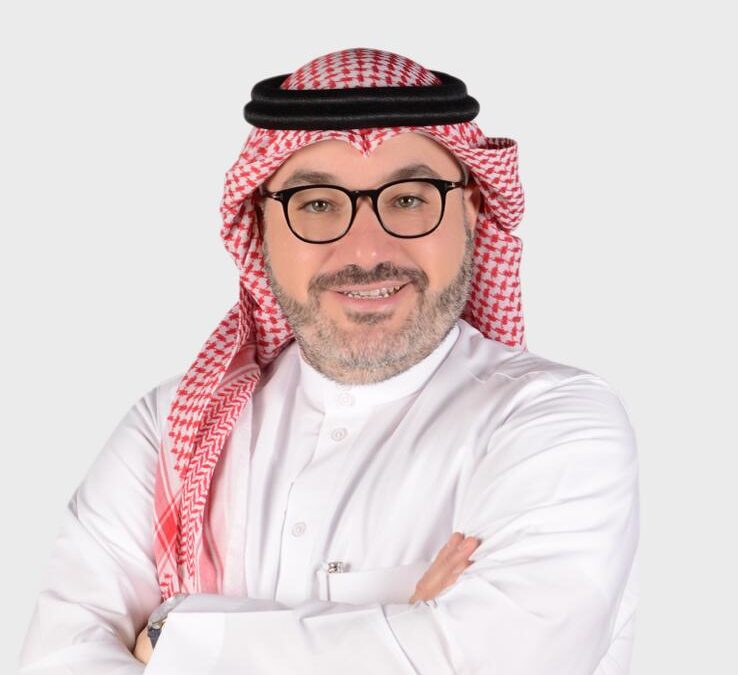One of the most relevant and engaging books on the phenomenon of excellence is Malcom Gladwell’s ‘Outliers’, about individuals that he defines as exceptional people achieving exceptional success, often beyond what others deem possible. The author researched some of these extraordinary individuals and examined their lives and international success stories from a scientific and social perspective.
Gladwell thus proposes a set of conclusions, including that outliers do not achieve success in life due to remarkable abilities or inherent congenital superiority. Rather, he attributes their success to two main factors. The first is their relentless pursuit of training and practice to improve in a particular field they are passionate about; the second is the time and place in which they grow up, which can set them on track for regional or global success. This could have been due to their education, their socio-economic status at a specific timing coupled with societal events that created a context for extraordinary distinction. It also includes factors entirely beyond their control, such as their date and place of birth, or their demographic profile.
In essence, Gladwell suggests that these outlying models of exceptional success are the result of timing, opportunity, and preparedness. I will not go over his examples in detail – it is enough to understand they are all considered historically exceptional or unique in their own way. And they did spark attention among many to understand more about the experiences of outliers, and to take to learn from what it takes to achieve exceptional success.
The book inspired me to study more about the human capital driving the ecosystem of Vision 2030 in Saudi Arabia, the unprecedented national transformation program, which will have a lasting impact on the Kingdom and – perhaps – the world.
Since the announcement of Vision 2030, many were concerned first and foremost about the availability of the human resources necessary to lead and implement the vast number of programs and initiatives. This necessitated assigning relatively unqualified people in leadership positions to take responsibility for the implementation and completion of the various programs, initiatives and projects – despite their young age and thus limited experience in the government sector.
This is what makes the experience of this specific set of human resources a singular one. The trust and confidence that HRH the Crown Prince has placed in the potential of the younger generation in the Kingdom is unwavering, creating opportunities that are unavailable in any other country, setting an exceptional example worth studying and following.
The government sector is, without a doubt, entirely different from the private sector. Yet it was obvious that the demographic conditions of these young, highly educated, skilled leaders allowed them the historic opportunity to take on government responsibilities with ambition and drive.
Despite their lack of administrative experience in the government sector, they succeeded effectively. And while there were some cost incurring mistakes, the government remedied quickly and allowed for flexibility to drive the ambitious agenda with the available resources.
Here I recall Gladwell’s reference to the “10,000 hours rule,” which asserts that success is not solely based on innate talent or genetic uniqueness. Rather, it suggests that anyone who has received a foundational level of qualification and has completed 10,000 hours of practice in a particular field can ultimately become an expert in that area.
Therefore, today’s qualified leaders enjoy a historic opportunity in the context of implementing Vision 2030, which has enabled a fully qualified generation, across all levels – including at the very top – of young Saudis, educated in the Kingdom or abroad, to practice enough to achieve excellence as per Gladwell’s criteria of preparedness.
This generation has thus become a firsthand engaged one, learning through responsible experimentation. For the leadership of Vision 2030 intended to build a generation of government leaders in the middle of their professional careers, adding new names daily to this effective government, who in turn are adding hours to their own experience in government leading positions. Curiously enough, the golden number of 10,000 hours is mathematically easily achievable by 2030 if not sooner for the majority of those who have joined the government sector in its Vision 2030 journey.
While many believe that government practices do not provide successful models, I believe that our government models are exceptional and would invite Gladwell to include a final chapter in his book that studies models from Saudi Arabia. I believe he will likely find tens or hundreds of exceptional cases by global standards by 2030 or sooner, for they are effectively equipped with education and skills. And they will have had the practical experience of 10,000 hours: with an environment that believes in their abilities and can tolerate and remedy their mistakes they can create a prosperous economy, a vibrant society, and an ambitious nation. I personally and humbly am looking forward to the excellence and outstanding performance of the government sector beyond 2030.
In the future, we thus hope to witness a wealth of globally exceptional leaders who will make our country a source of experienced and wise leaderships. Most of these leaders are in their forties and will pave the way for a global experience and an unprecedented model of government, characterized by calculated risk-taking, empowerment, and reliance on young national leaders to amaze the world after 2030.
In conclusion, I invite both those who agree or disagree with me to study and document the current model in the Kingdom for it is undoubtedly worth observing and studying.


